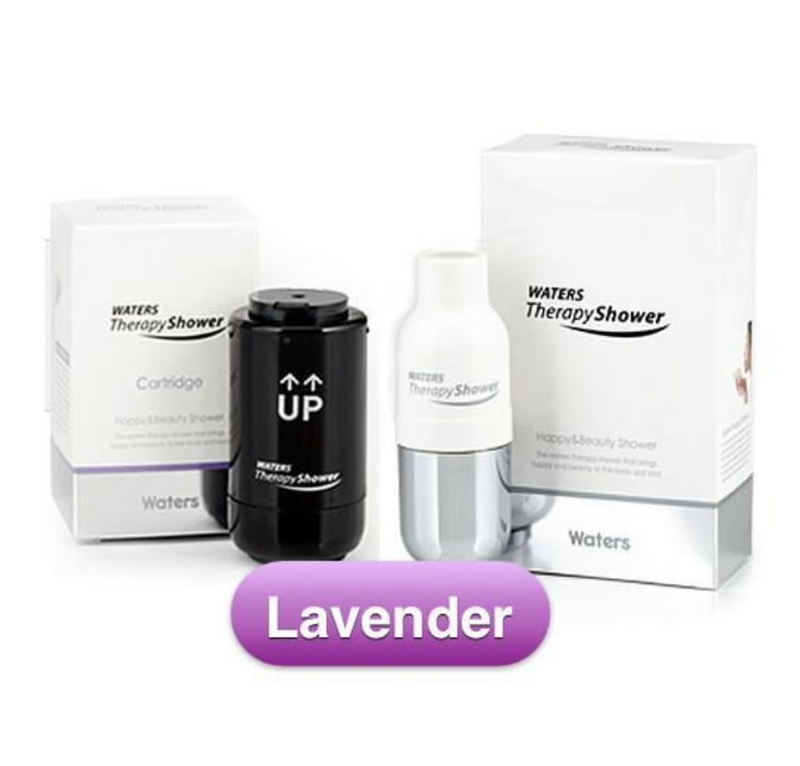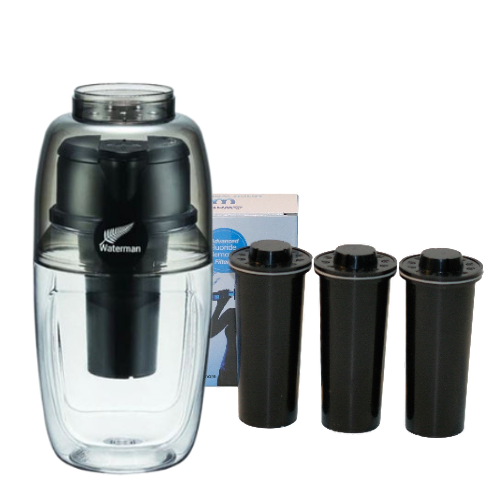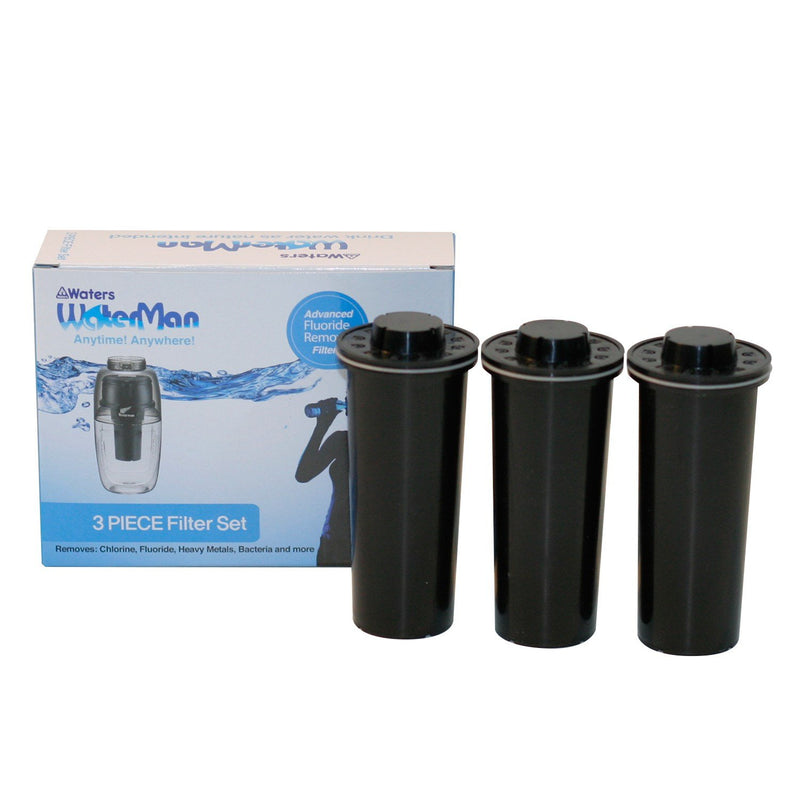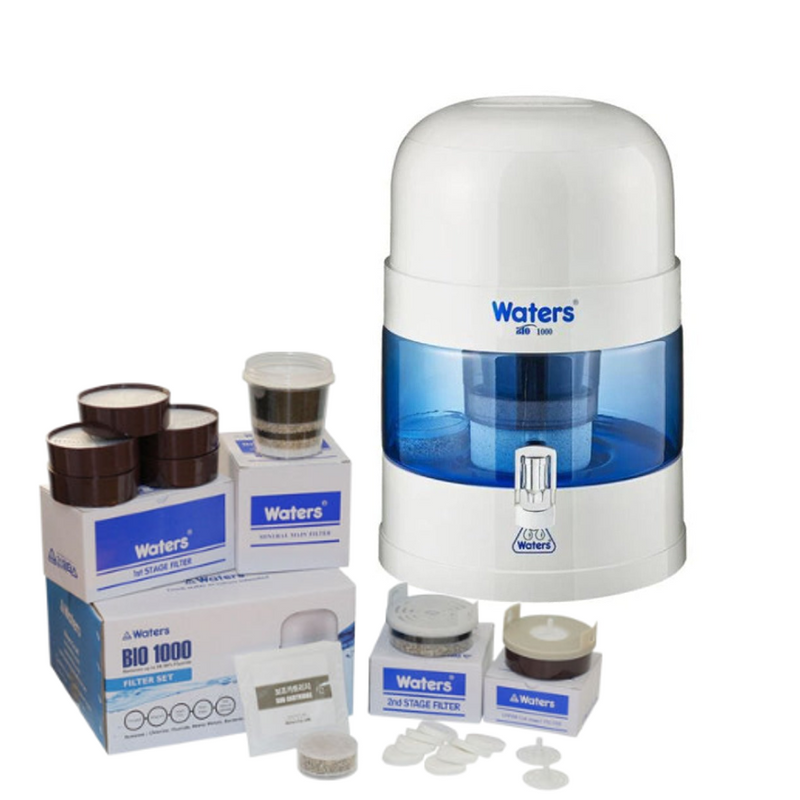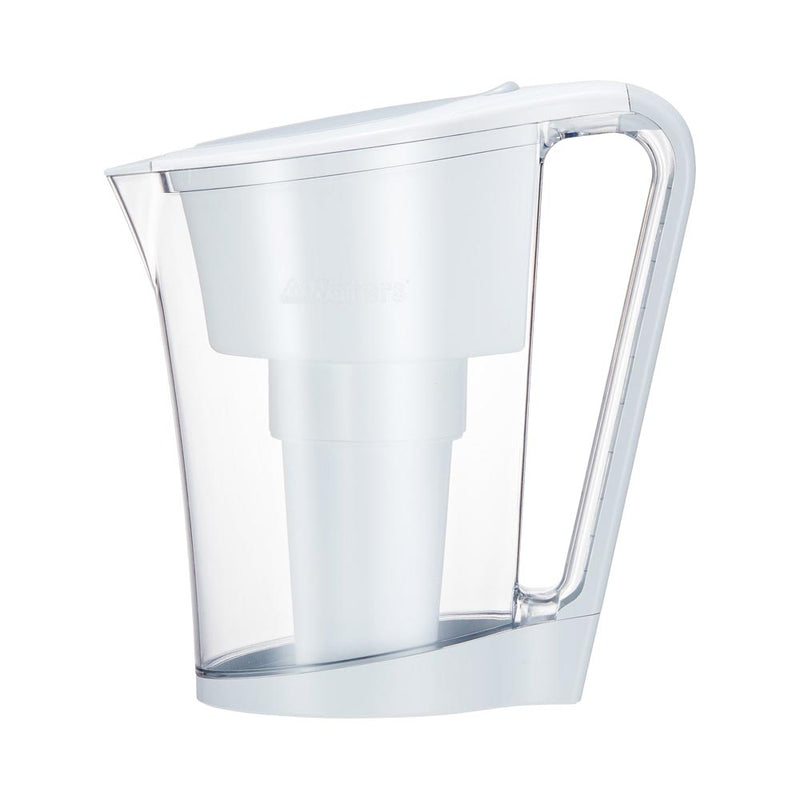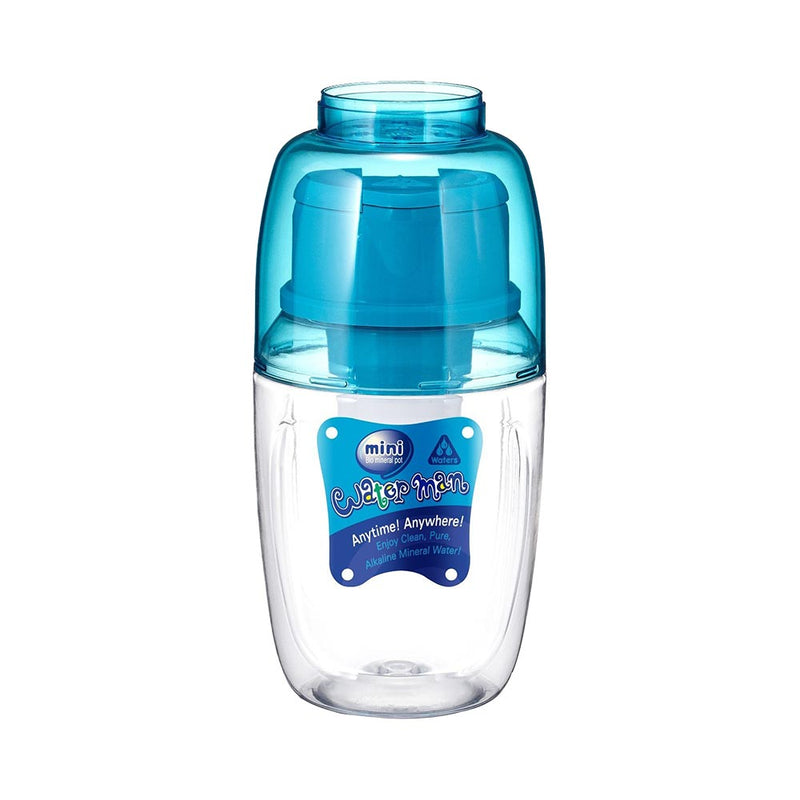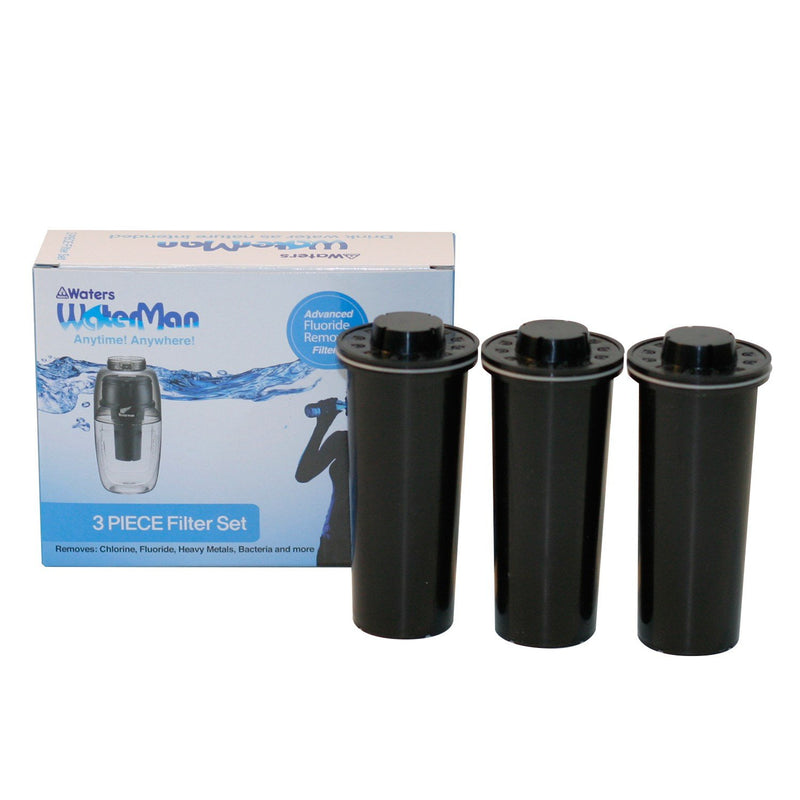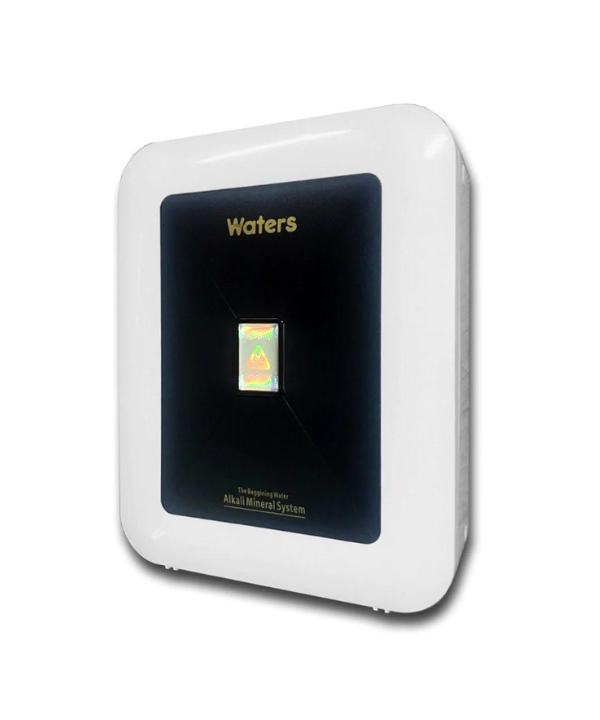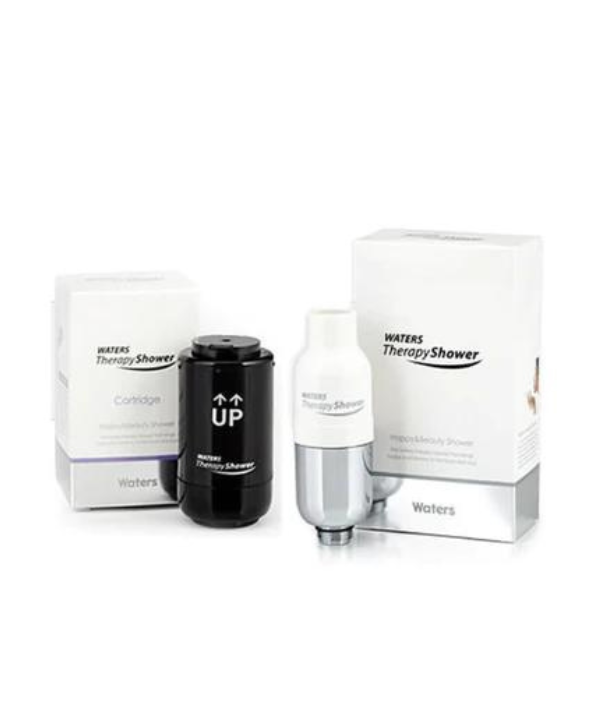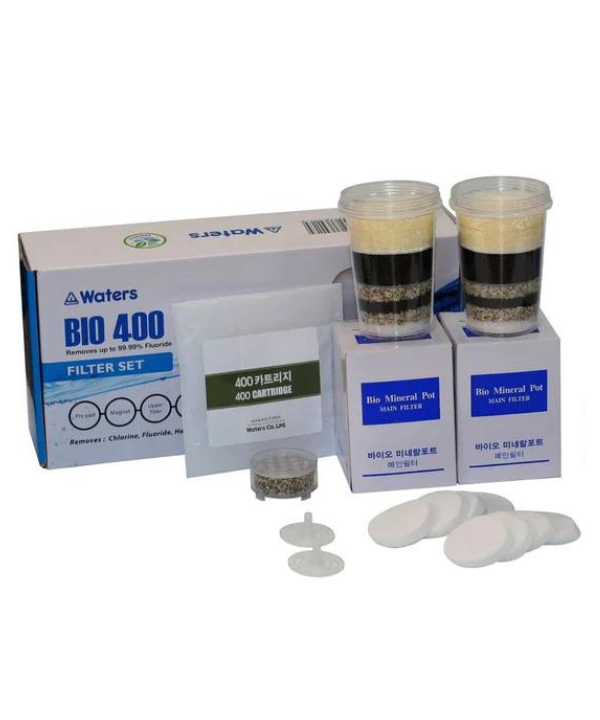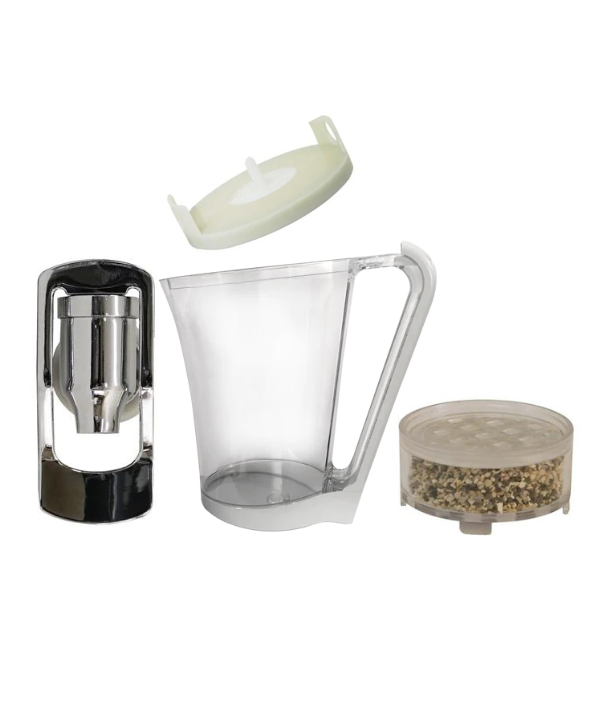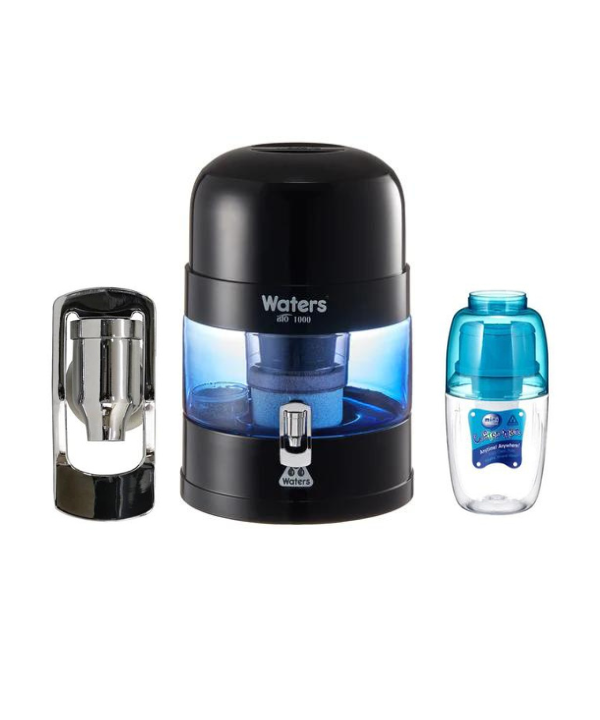Research & Development
Negative ion (Anions)
Negative Ion Water
There are more than 1500-2000 particle anions/cm3 (Negative Ions) in the WATERS Bio Mineral Pot water purifier systems.
What are anions (Negative Ions) and their influence on health?
1. Generation of anions (Negative Ions)
There are very weakly charged positive and negative ions dispersed in the air. A German physicist named Philip Lenard discovered that when water drops from a height and collides with the water’s surface, a layer of electricity is formed around the dispersed molecules during the collision and due to this property, an anion (Negative Ion) is generated, giving the surrounding air layer a minute negative charge. This phenomenon was named the Lenard air effect and the discovery of anions earned Lenard the 1907 Nobel Prize in physics. There are lots of anions in the air found in forests, around waterfalls, in grasslands, water fountains/features and at the beach. When people come into contact with these sorts of environments, they feel refreshed. There are stones in the mountains that generate many anions. In cells, anions combine ions with active acids, which reduces the generation of toxic active acids.
In air, ions are created by various sources. A state of equilibrium is maintained through constant creation and decomposition.
2. Areas with abundant anions.
According to many reviews and reports, there are particular areas in nature where large quantities of anions are dispersed.
As can be seen from in the summary given below, anions are particularly abundant in areas with high water dispersion.
Anions are:
- Nearly non-existent in offices.
- Approximately 5,000 - 20,000 particles/cm3 around waterfalls.
- Approx. 10,000 - 15,000 particles/cm3 around water fountains
- Approx. 2,000 particles/cm3 in mountain forests
- Approx. 2,500 particles/cm3 in mountain valleys
There are more than 1500-2000 particle anions/cm3 in the WATERS water purifier.
3. The comparison between the effects of anion (Negative Ions) and cation (Positive Ions) on the human body
According to various reports, anions (Negative Ions) are beneficial to the body but cation (Positive Ions) has very adverse effects on our body. This is summarised in the following report.
The effects of anion and cation
- Anions stabilise the blood pressure, while cation increases the blood pressure.
- Anions reduce blood sugar levels, while cation increases blood sugar.
- Anions strengthen heart motions, while cation weakens it.
- Anions stabilise the respiration, while cation makes respiration more difficult.
- Anions help us to recover from fatigue, while cation worsens it.
If cation accumulates in our body, our physical constitution becomes acidic, and this brings about various illnesses and early aging. When the weather deteriorates, the cation level increases. As a result, our body becomes more acidic due to increases in cation, and this results in the various negative effects on the body. In fine weather, the anions increase the body's energy, vitality is regenerated and the body’s strength is revived. With the increase of anions, the body's physiology becomes active, the immune system (a true self-healing system) strengthens, and cell activity is revitalised. The metabolism is also revitalised, making health stronger. These are the reasons why forests and gardens with many unpolluted trees can help us to recover from diseases. The anions are absorbed in our body, and play the role of neutralising active acids, ensuring the generation of beneficial, vital energy in our body.
4. Benefits of anion to the human body
Strengthens the immune system.
Anions vitalise cells in the whole body and increase the immunoglobulin that strengthens the immune system.
Provides oxygen to cells
Anions act upon the cell membrane, and provide nutrients and oxygen to the cells, discharging carbon dioxide and other wastes.
Blood Purification
Healthy blood has pH of approximately 7.4. Anions change acidic blood to the basic level that is found in a healthy person's body.
Helps recovery from fatigue
When anions are absorbed into the body, the body fluid vitalises the body’s metabolism, resulting in the decomposition of fatigue-causing substances that are accumulated in the body. This helps us to recover from fatigue.
Stabilises the autonomic nerve system
Autonomic nerves govern the body’s organs. The nerves that vitalise organ activity are known as sympathetic nerves, and the nerves that suppress organ activities are parasympathetic nerves. Anions act upon these autonomic nerves and stabilize their activities.
Improves the allergic conditions
It is verified that anions are beneficial treatment for allergies of the respiratory system. Anions affect the autonomic nerves that strengthen against allergies and improve the physical constitution, hence the popularity of air ionisers & salt crystal lamps.


